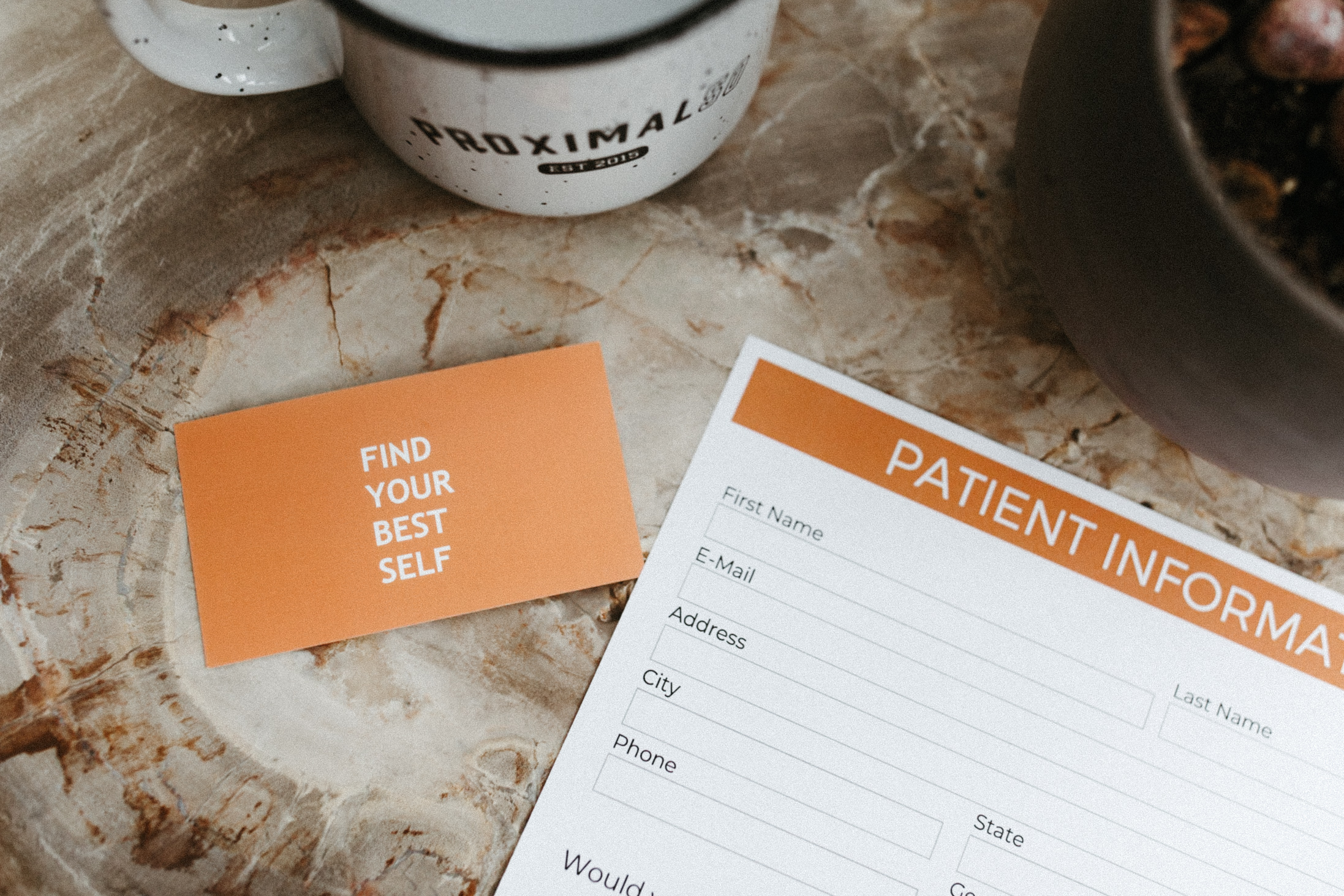
Let Brandi Schmidt, LPCC, LMAC, be your guide to finding the perfect therapist for YOU. From clarifying your needs right up to that first chat, she’s got your back. She’ll walk you through the whole process so you can check credentials and make a smart choice for a confident step toward healing.
Embarking on a journey toward mental and emotional well-being often involves seeking the support of a qualified therapist. Choosing the right therapist is a crucial step in this process, as the therapeutic relationship plays a pivotal role in fostering personal growth and healing.
10 Tips for finding YOUR therapist
1. Identify Your Needs and Goals
Begin by clarifying your specific needs and goals for therapy. Whether you’re dealing with anxiety, depression, relationship issues, or other concerns. Understanding your objectives will help you find a therapist with the right expertise.
2. Credentials and Qualifications
Ensure the therapist is licensed and has the necessary qualifications in their respective field. Therapists have diverse specialties, such as clinical psychology, counseling, or social work. Look for professionals who align with your specific needs.
3. Therapeutic Approach
Therapists employ various approaches, such as cognitive-behavioral therapy (CBT) or mindfulness-based therapy. Research different approaches and consider which resonates with you. A therapist who integrates methods that align with your preferences may enhance the effectiveness of the therapeutic process.
4. Experience and Specialization
Consider the therapist’s experience and any specific areas of specialization. Some therapists specialize in particular issues, populations, or therapeutic modalities. An experienced therapist with expertise in your area of concern may provide more targeted and effective support.
5. Personal Compatibility
The relationship between you and your therapist is crucial to the success of therapy. Schedule an initial consultation or phone call to assess the therapist’s communication style, personality, and whether you feel a sense of connection. Trust your instincts in determining if you feel comfortable and understood.
6. Cultural Competence
Your therapist should be someone who understands and respects your cultural background, values, and identity. A culturally competent therapist is more likely to provide a safe and inclusive space for your unique experiences.
7. Logistics
Consider practical logistics, such as the therapist’s location, availability, and session fees. Determine whether you prefer in-person sessions, online therapy, or a combination of both. Additionally, confirm that the therapist accepts your insurance or offers reasonable private-pay options.
8. Referrals and Reviews
Seek recommendations from trusted friends, family members, or healthcare professionals. Online reviews and testimonials can also offer insights into a therapist’s reputation and effectiveness. However, remember that individual experiences may vary.
Physiology Today is a great resource when looking for reviews in your area.
9. Therapist’s Commitment to Continuing Education:
A therapist committed to ongoing professional development and continuing education demonstrates a dedication to staying informed about the latest research and therapeutic techniques. This commitment can enhance the quality of care you receive.
10. Initial Consultation:
Therapists often have an initial talk to hear your worries and discuss their methods. Use this chance to see if they’re a good match.
Picking a therapist is personal. These tips can help you choose one that suits your goals for therapy. Remember, finding the right therapist is vital for healing. Spending time choosing can lead to a better therapy experience.
At Proximal50, you can choose between Brandi and Liz. Both have unique life experiences and therapy methods. They’ll make you feel like you’re just chatting, which is what therapy can be: a helpful conversation.

